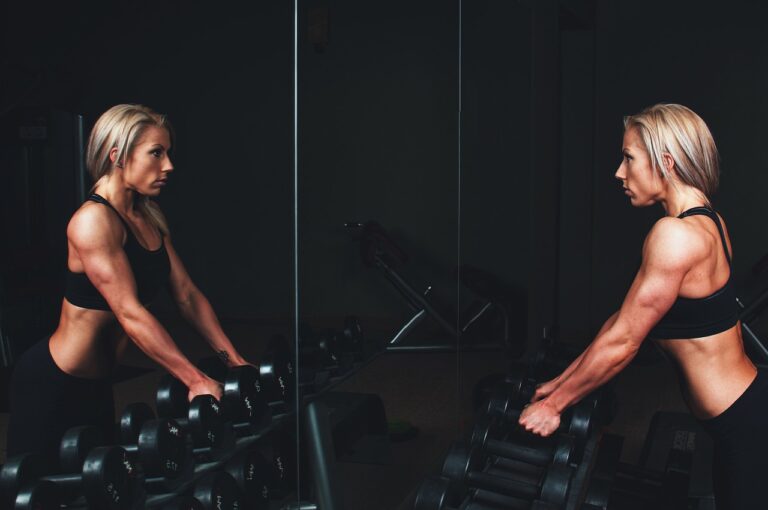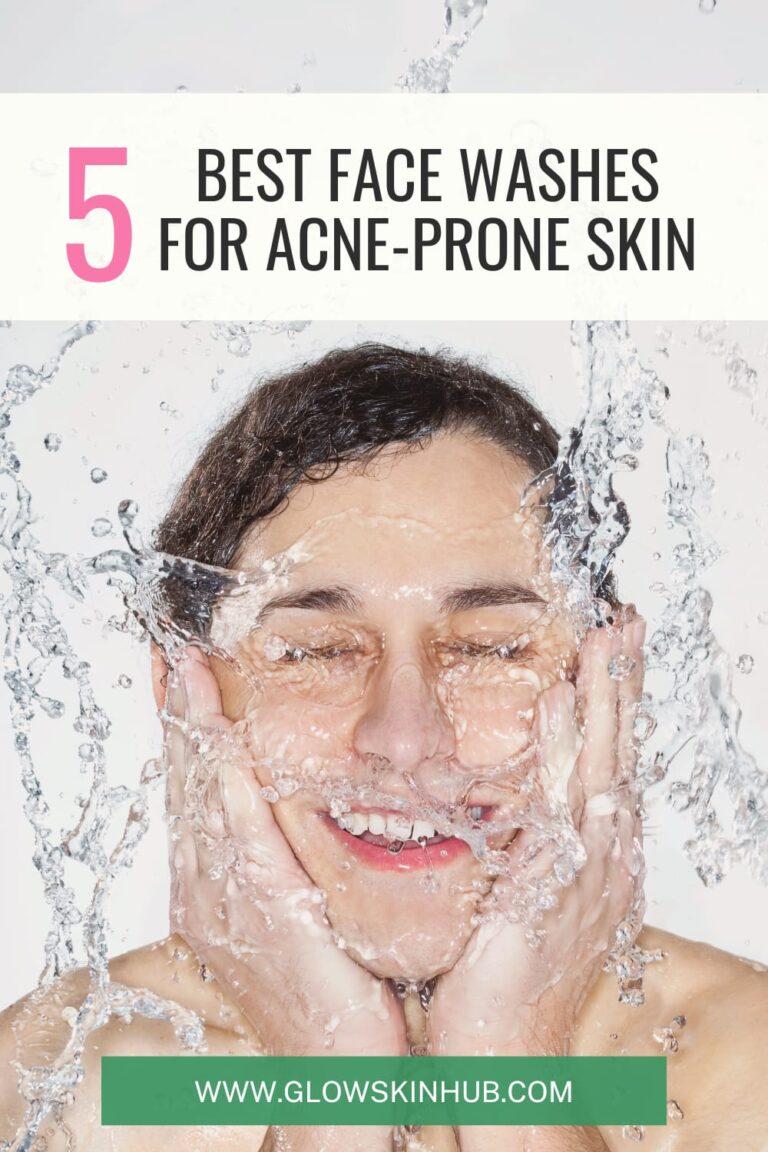At Glowskinhub.com, we believe beauty isn’t just a look—it’s a feeling

Morning vs Night Shower: Which Is Better for Your Skin?
The Science Behind Shower Timing and Skin Health
How shower timing influences your Skin’s natural processes
Your Skin follows a circadian rhythm—a 24-hour biological cycle that influences various Skin functions. During the day, your Skin focuses on protection against environmental damage, while nighttime is dedicated to repair and regeneration.
Morning showers can jumpstart your Skin’s protective functions by removing excess oils produced overnight. This prepares your Skin to better absorb morning skincare products and creates a clean canvas for makeup application.
Evening showers, meanwhile, align with your Skin’s natural transition to repair mode. Washing away the day’s accumulated pollutants, sweat, and debris allows your Skin to breathe and regenerate more effectively during sleep.
3 Benefits of Morning Showers for Your Skin
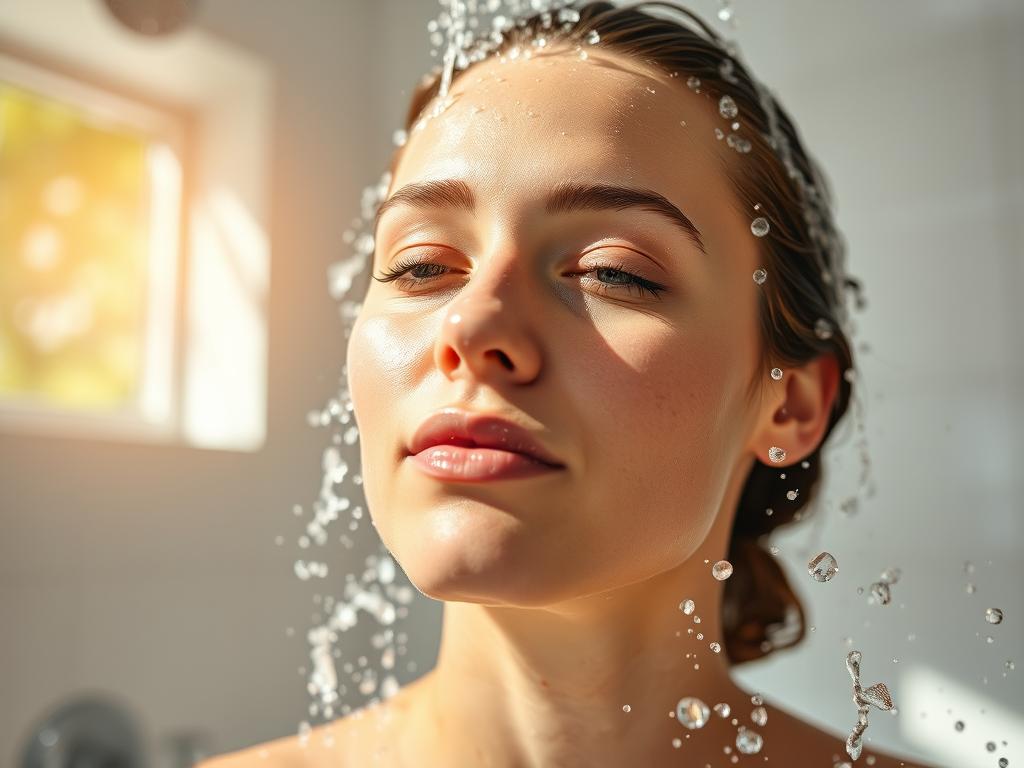
1. Removes Overnight Oil Buildup
Your Skin produces oils while you sleep. For those with oily or acne-prone Skin, morning showers can help remove this excess sebum before it leads to clogged pores and breakouts. This creates a clean canvas for your daytime skincare routine.
2. Enhances Product Absorption
Showering in the morning opens your pores and creates the perfect opportunity for skincare products to penetrate more effectively. Your morning vitamin C Serum or moisturizer with SPF will work better on freshly cleansed Skin.
3. Reduces Morning Puffiness
Cool morning showers can help reduce facial puffiness by improving circulation. This stimulates lymphatic drainage, reducing under-eye bags and giving your Skin a more toned, awake appearance to start your day.
Morning Shower Skincare Essentials
For maximum Skin benefits from your morning shower routine, consider gentle cleansers that remove excess oil without stripping your Skin’s natural moisture.
Looking for Skin Care Products? Check out our top picks now!
Check Best Skin Care Products
3 Advantages of Night Showers for Skin Health
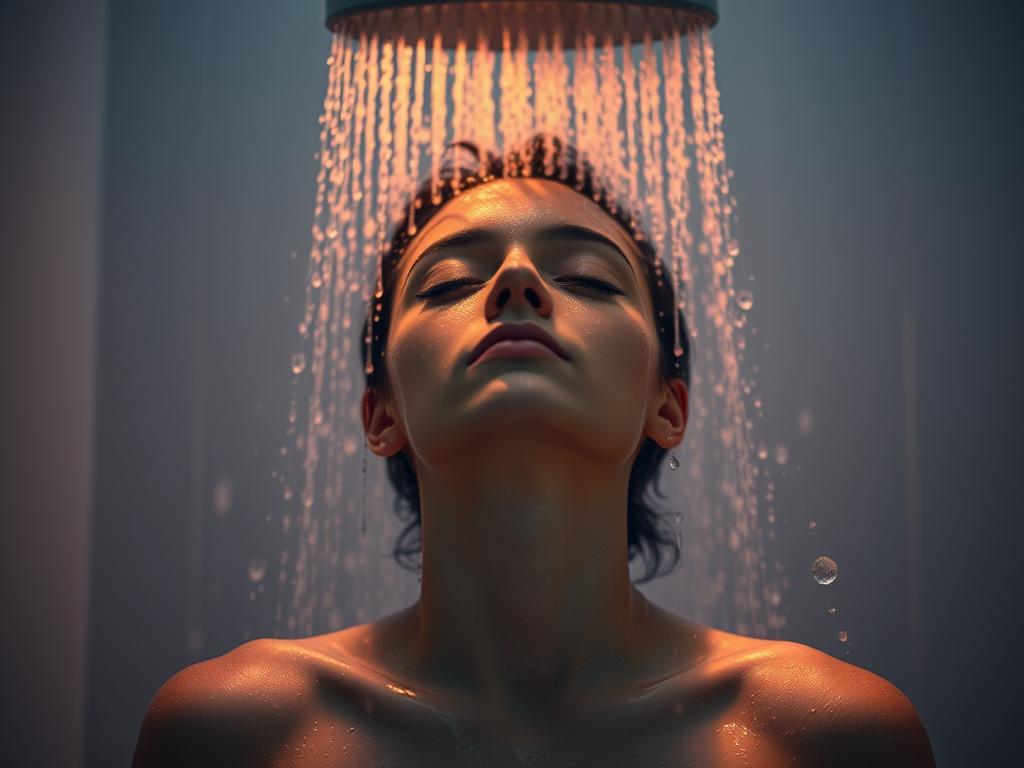
1. Removes Daily Pollution
Throughout the day, your Skin collects pollutants, dirt, bacteria, and other environmental contaminants. Evening showers wash away these impurities before they can cause oxidative stress and premature aging overnight when your Skin is most receptive to repair.
2. Enhances Sleep Quality
A warm shower 1-2 hours before bedtime can help regulate your body temperature for better sleep. This temperature regulation not only improves rest but also optimizes your Skin’s natural nighttime repair processes, leading to healthier Skin over time.
3. Maximizes Overnight Treatment Efficacy
Night showers create the perfect canvas for applying overnight treatments and moisturizers. Your Skin’s permeability increases at night, making it the ideal time to apply reparative ingredients like retinol, peptides, and intensive hydrators.
Nighttime Skin Recovery Essentials
Maximize your Skin’s overnight repair process with products designed to work while you sleep.
Looking for Skin Care Products? Check out our top picks now!
Check Best Skin Care Products
How Shower Timing Impacts Different Skin Concerns
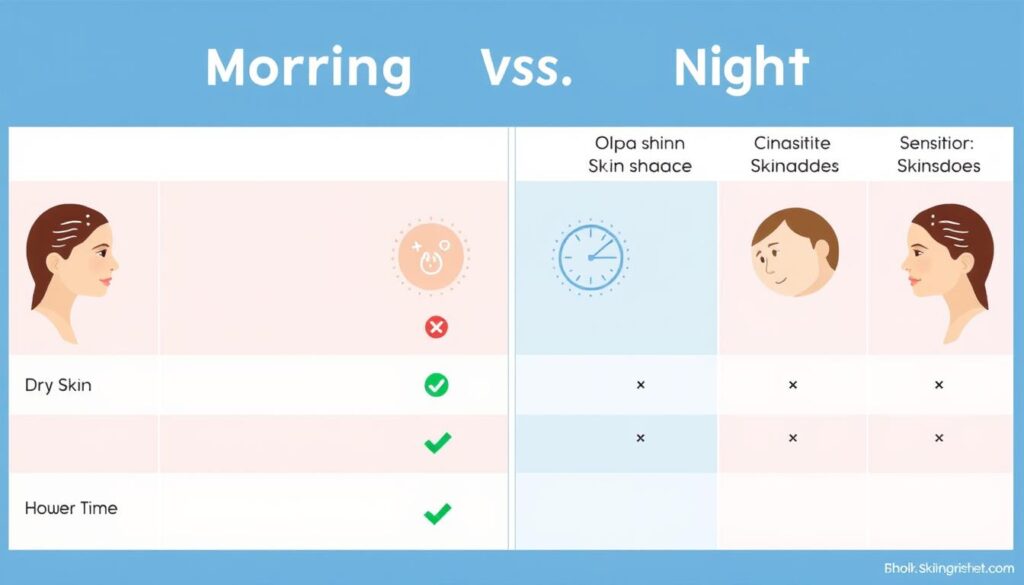
Impact of shower timing on different Skin types and concerns
Skin Hydration Levels
The timing of your shower can significantly affect your Skin’s hydration balance. Morning showers might strip away protective oils if not followed by immediate moisturization. Evening showers allow for heavier, more occlusive moisturizers that work throughout the night without concern for makeup application or daytime shine.
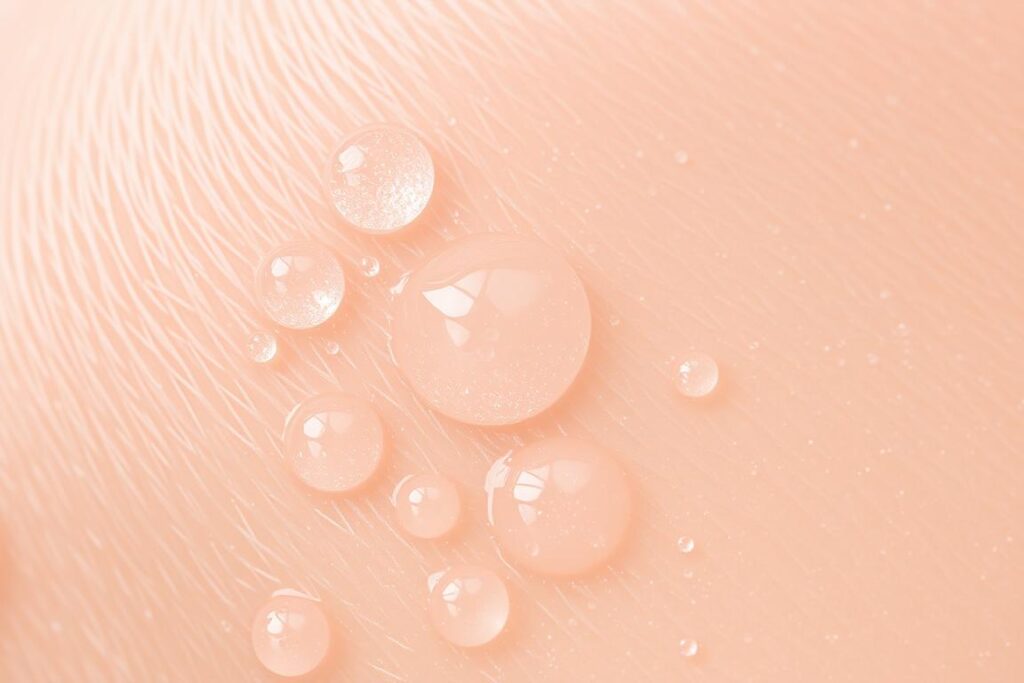
Acne-Prone vs. Dry Skin Types
For acne-prone Skin, morning showers can help control oil production throughout the day. The cooler water temperature in morning showers can also help reduce inflammation and redness associated with breakouts.
Those with dry Skin may benefit more from evening showers, as this allows time to apply richer moisturizers that can work overnight without concern for daytime activities. Warm (not hot) evening showers followed by immediate moisturization can help lock in hydration.
Best for Oily/Acne-Prone Skin
- Morning showers with cool water
- Gentle exfoliation 2-3 times weekly
- Oil-free moisturizers post-shower
- Brief shower duration (5-7 minutes)
Aging Prevention Considerations
Evening showers may offer an edge for anti-aging concerns. Washing away environmental pollutants before bed prevents free radical damage that accelerates aging. Additionally, your Skin’s repair mechanisms peak during sleep, making post-shower application of anti-aging ingredients more effective at night.
Customizing Your Shower Routine for Optimal Skin Health
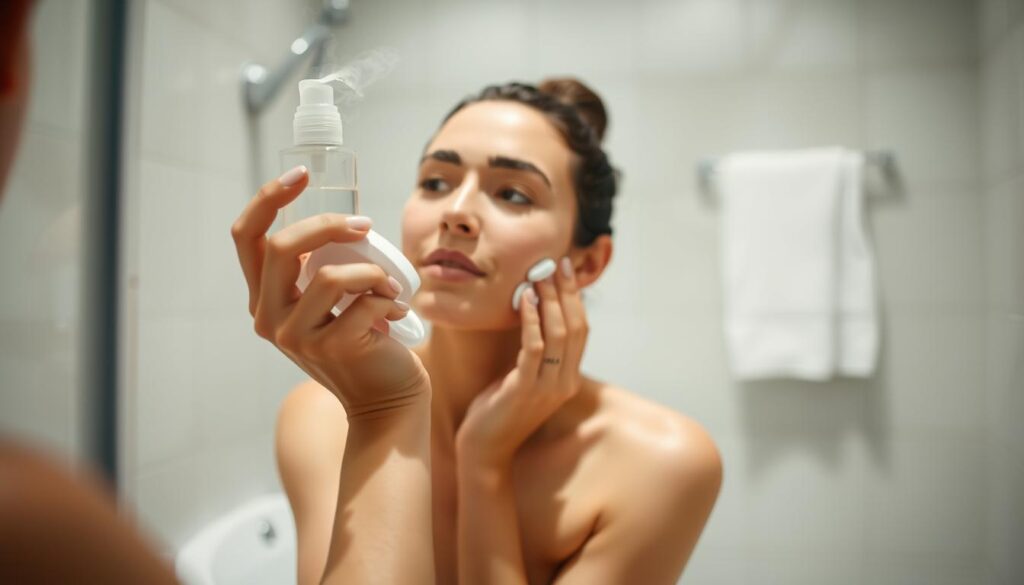
Climate and Humidity Considerations
In dry climates, evening showers help maintain Skin hydration overnight. Apply moisturizer to slightly damp Skin within three minutes of showering to lock in moisture. In humid environments, morning showers can help control excess oil and sweat that accumulates overnight.
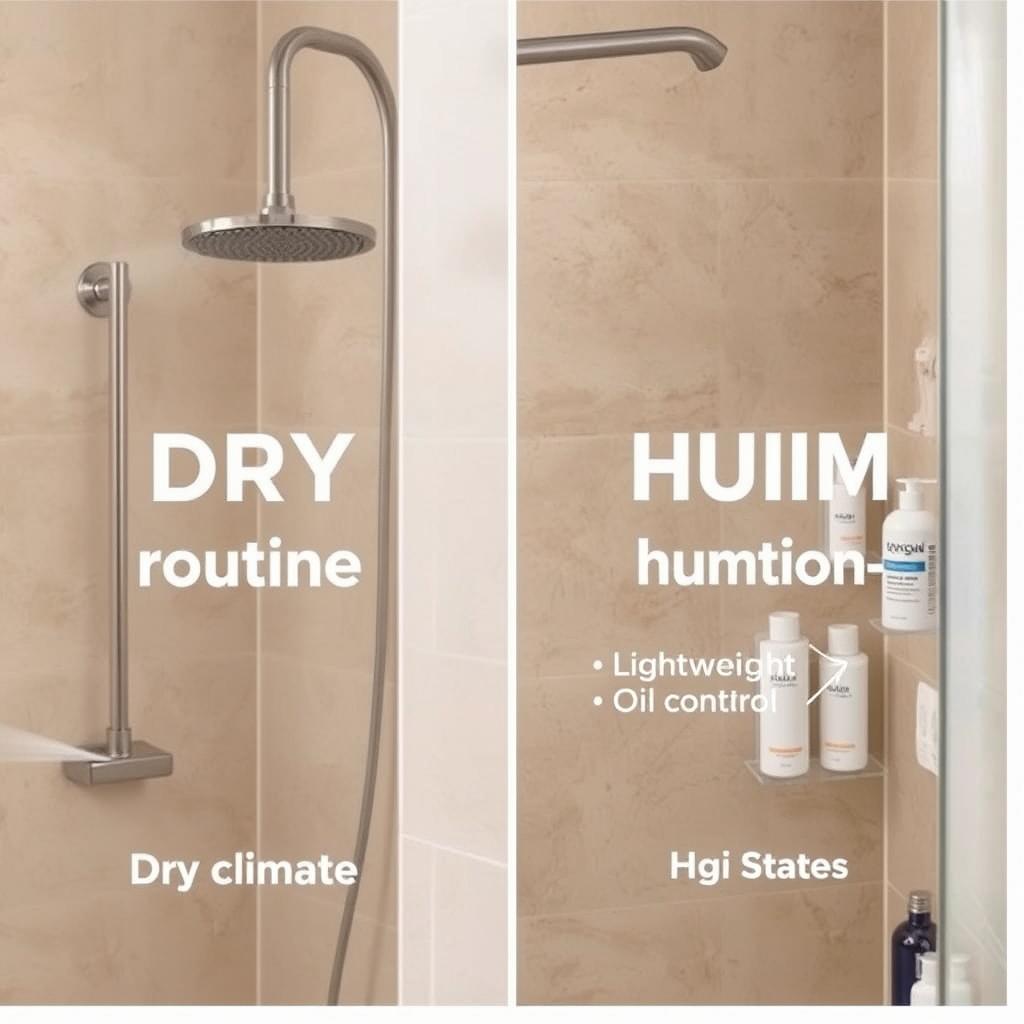
Workout Schedule Adaptation
If you exercise in the morning, a post-workout shower is essential to remove sweat and bacteria that can clog pores. For evening exercisers, night showers prevent bringing workout residue to bed, where it can cause breakouts and irritation.
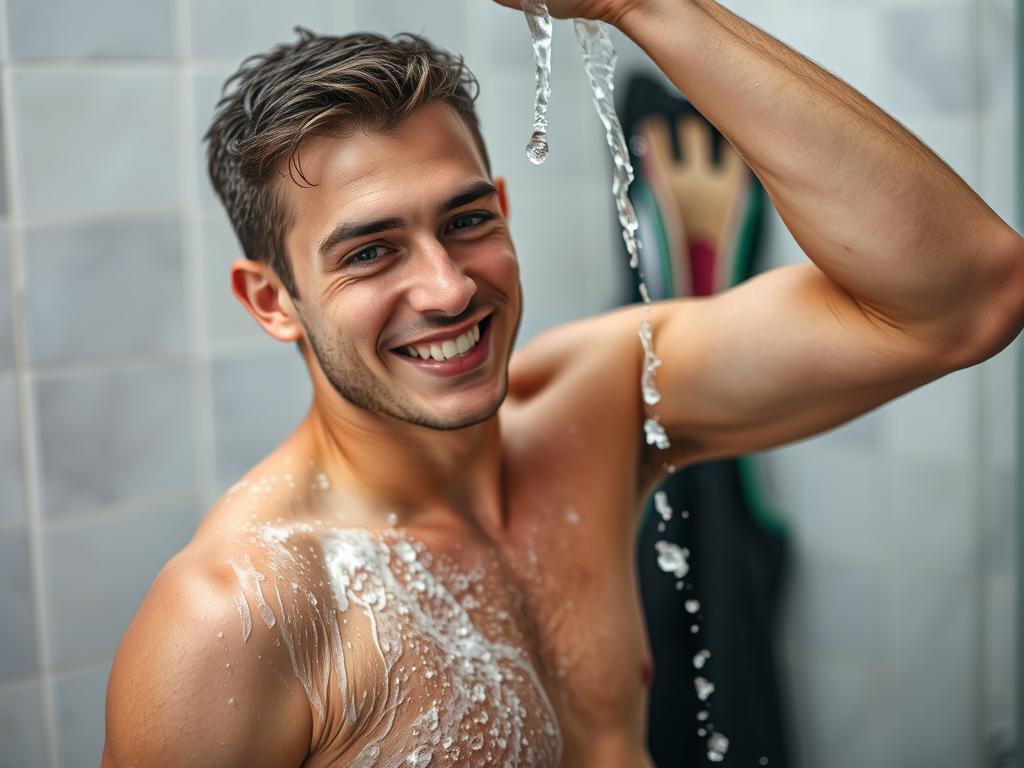
Skin Condition-Specific Recommendations
For eczema or psoriasis, evening showers with lukewarm water followed by immediate application of medicated creams can improve overnight treatment efficacy. Those with rosacea may benefit from morning showers with cool water to reduce facial redness throughout the day.
Your Customizable Shower Routine Template
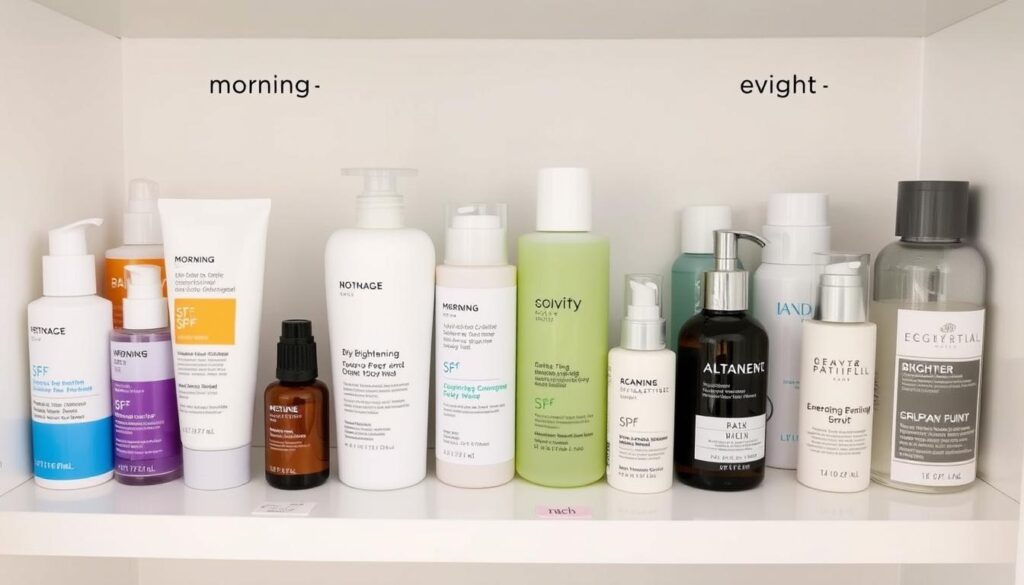
| Skin Type | Best Shower Time | Water Temperature | Duration | Recommended Products |
| Oily/Acne-Prone | Morning | Cool to lukewarm | 5-7 minutes | Salicylic acid cleanser, lightweight moisturizer |
| Dry/Sensitive | Evening | Lukewarm | 5-8 minutes | Cream cleanser, rich moisturizer, overnight mask |
| Combination | Flexible (based on activities) | Lukewarm | 5-10 minutes | Gentle cleanser, zone-specific treatments |
| Mature/Aging | Evening | Lukewarm | 5-8 minutes | Hydrating cleanser, antioxidant Serum, peptide cream |
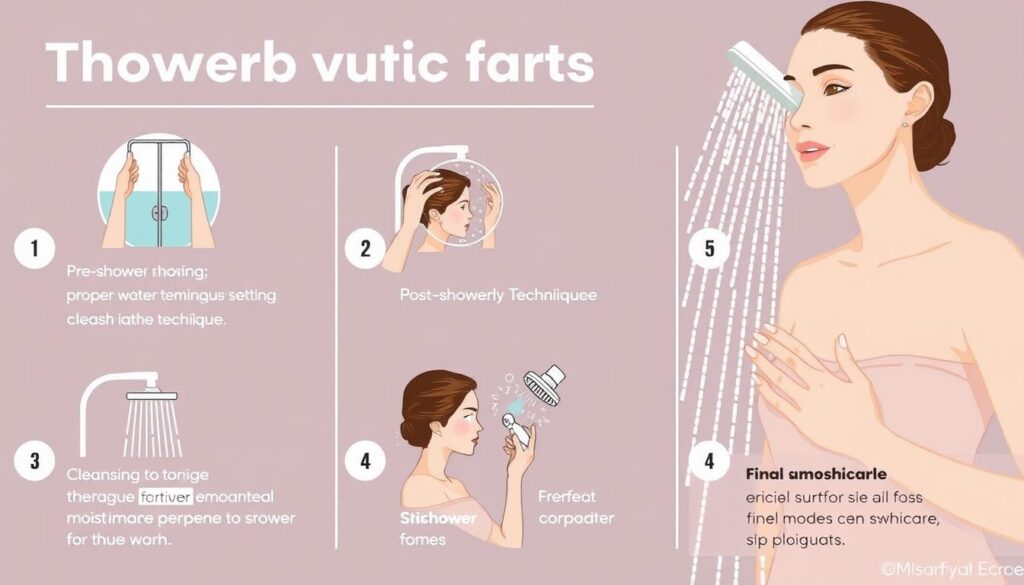
Follow this step-by-step guide for optimal Skin health regardless of shower timing
Can I shower both morning and night?
Yes, but limit each session to 5 minutes and use lukewarm water to prevent over-drying your Skin. Consider using cleanser only once per day and just rinsing with water for the second shower.
Should I change my shower timing seasonally?
This can be beneficial. In winter, evening showers help maintain overnight hydration when heating systems dry out Skin. In summer, morning showers can help control overnight sweat and oil production.
Finding Your Perfect Shower Time for Healthy Skin
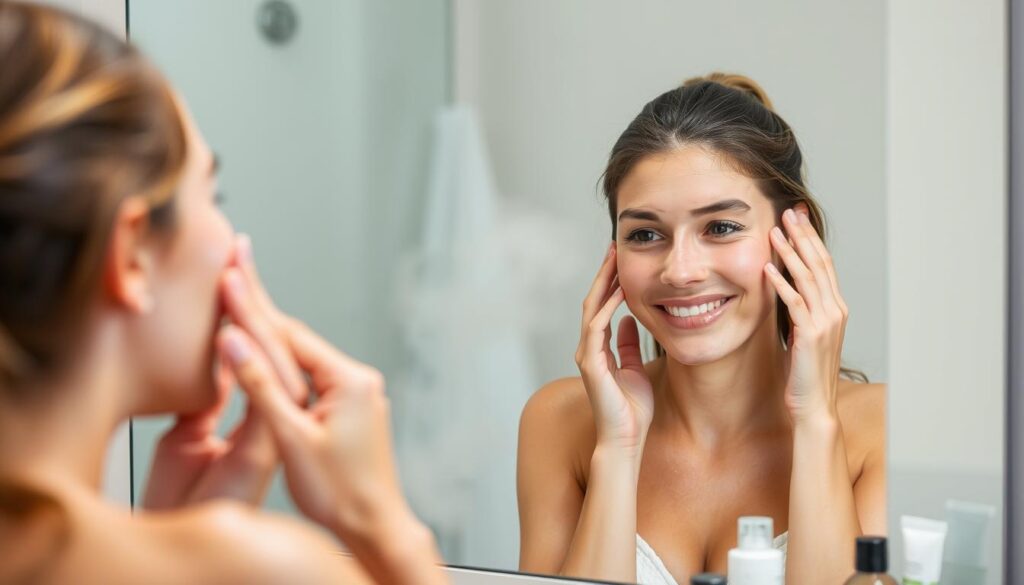
The ideal shower time for your Skin ultimately depends on your unique Skin type, lifestyle, and specific concerns. Morning showers offer benefits for oil control and daytime preparation, while evening showers excel at removing environmental pollutants and enhancing overnight repair.
Rather than adhering strictly to one schedule, consider adapting your routine based on your activities, Skin’s needs, and seasonal changes. The most important factors for Skin health are using the right water temperature, limiting shower duration, and applying appropriate skincare products immediately afterward.
Listen to your Skin’s needs and be willing to adjust your routine accordingly. Whether you’re team morning shower, night shower, or a bit of both, consistency with gentle cleansing and proper moisturization will yield the best results for your Skin’s health and appearance.
Elevate Your Shower Routine
Discover our collection of dermatologist-recommended products designed to complement both morning and evening shower routines for all Skin types.
Looking for Skin Care Products? Check out our top picks now!
Check Best Skin Care Products


